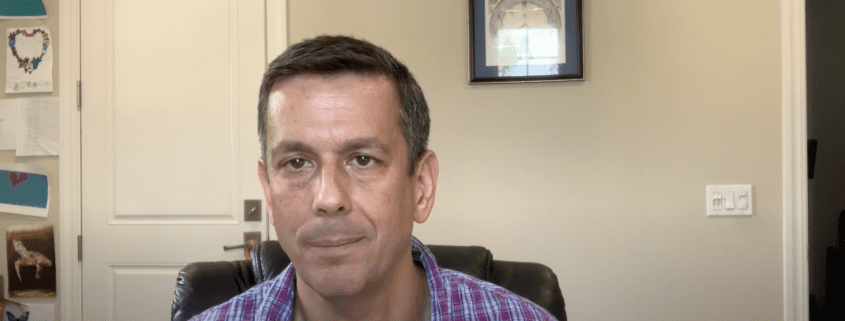What criteria will the SBA use to flag loan recipients for audit?
Now that business owners have received their funding from the SBA Payroll Protection Program (PPP), the government is beginning the process of vetting the hundreds of thousands of loan recipients to root out fraud.
The SBA has published guidelines with certain fraud indicators, following are factors business owners should be aware of:
- Overstating income
- Understanding liabilities
- Failing to disclose criminal record
- Not identifying ownership of company
- Using a false SSN
- Altered tax returns *
- *2019 tax returns were not required to be submitted prior to applying for the SPA PPP loans. What happens if your financials change when you reconcile your filings with your bank statements? If you reconcile and the information you used at the time of the SBA PPP application is substantially different from your current financials, have a tax attorney or CPA review your business financials and original application.
- *Payroll taxes which are filed quarterly should match your form 941 federal return
- Mis reporting the status of the company : was it shut down before COVID-19?
- Mis-reporting number of employees
Founder, John Milikowsky explains SBA PPP Loan criteria and audit risk.
Audits of Small Businesses have begun…
There was an article in USA Today outlining one of the first cases against small businesses who received SBA PPP funds under fraudulent circumstances.
Two businessmen from RI received PPP loans amounting to nearly $544,000. They claimed to have dozens of employees earning wages at four different entities when, in fact, there were no employees working for any of the businesses. According to court documents the pair applied for loans for businesses that were not operating prior to the start of the COVID-19 pandemic and had no salaried employees. In one instance, a loan was sought for a Rhode Island restaurant the applicant did not own.
This is a glaring example of so many of the points highlighted above. For most business owners, the potential for audit lies in more subtle discrepancies. So, as you reconcile 2019 taxes with your financials, make sure that there are no glaring discrepancies. If you find areas where the information does not match, reach out to a tax attorney or a CPA and have us review your business financials.
At Milikowsky Tax Law, we review our clients business financial and provide civil and criminal tax representation. Our experienced team has helped over 400 business owners in audits and investigations with government entities. Our civil and Criminal Tax representation is second to none.
Call us for a free assessment to see if we can help you mitigate risk of an SBA audit.



